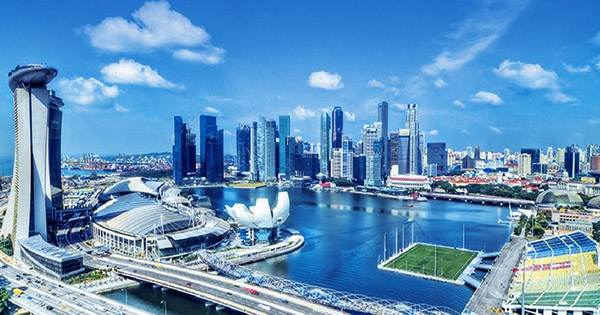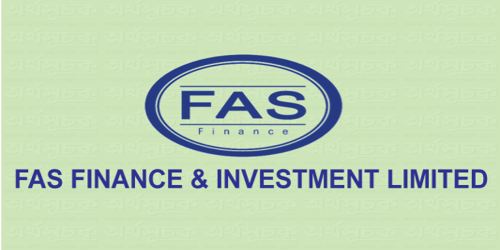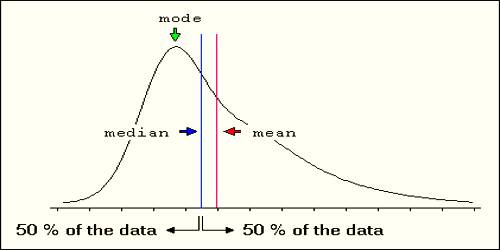Singapore has a population of less than six million people, making it one of the smaller ASEAN countries. It is also a young nation, having earned independence in 1963, and it shares a border with China, Indonesia, and Vietnam, all of which have far larger economies. The country’s mandate when it initially gained independence was to merely endure rather than prosper. So, how does a country go from being in a state of relative uncertainty with minimal resources to becoming the ASEAN region’s leader in venture capital investment and home to ten unicorns?
Countries all around the globe are studying Singapore’s environment from afar in order to learn from and duplicate its success. The Evolution and the State of Singapore are Startup Ecosystem, released by the World Bank Group, documents the country’s experience in developing its startup ecosystem and the issues it faces. This article provides a summary of the report’s core findings as well as a few important recommendations for what other nations may learn from Singapore’s experience as well as what Singapore should do to keep moving forward.
Singapore has more than $19 billion in PE and VC assets under management as of 2019, more than twice the combined amount of Indonesia, Philippines, Vietnam, Malaysia, and Thailand. In the same year, the country had an estimated 3,600 tech startups and nearly 200 intermediary and supporting organizations (accelerators, co-working spaces, coding academies, and so on) – some with a multinational presence, such as Blk71, whose Singapore headquarters has been dubbed “the world’s most tightly packed entrepreneurial ecosystem.”

While measuring the size and strength of startup ecosystems is still in its infancy, Start-up Genome valued Singapore is at more than $25 billion, five times the worldwide average. The population of present and previous unicorns is arguably the most eye-catching feature of this ecosystem. Singapore has 10 unicorns in all, three of which have gone public (Nanofilm, Razer, and Sea) and two of which have been purchased (Lazada by Alibaba and YY by Chinese streaming juggernaut YY) (Bigo Live). Trax, Acronis, JustCo, PatSnap, and Grab – the ASEAN region’s largest unicorn to date – make up the remaining five.
In Singapore’s ecosystem, the education sector is also important. Universities such as the National University of Singapore (NUS) and Nanyang Technological University (NTU) are strongly rooted in this ecosystem, assisting with R&D commercialization, incubation, talent/knowledge transfer, and other activities. The government’s intervention and leadership have been the primary driving forces in the development of Singapore’s startup ecosystem. Over the last several decades, the government has invested more than USD60 billion to improve the country’s R&D infrastructure, establish VC funds, and construct accelerators and other support groups.
















